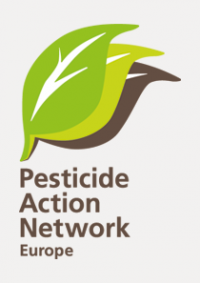In November 2023, the EU renewed the approval of the active substance glyphosate for 10 years, despite ten EU Member States not voting in favor. This decision was made in disregard of major objections from scientists, policymakers, and the general public. It overlooked numerous reported adverse effects linked to glyphosate exposure documented in scientific literature. It also downplayed several data gaps and pending issues, identified by the European Food Safety Authority (EFSA). Thus, the renewal of glyphosate contradicts the fundamental objective of the EU Pesticide Law, which is to provide a high level of protection for human and animal health, as well as the environment from pesticides.
Following the re-approval Regulation, EU Member States now shoulder a crucial responsibility. They have to assess the toxicity of all glyphosate-based herbicides and decide whether or not to authorise or re-authorise products containing this active substance within their borders. In this process, Member States must take into account the effects of the complete product formulations and all the toxicity issues highlighted by EFSA in its risk assessment peer review of glyphosate and by the Commission and Member States in the glyphosate’s renewal Regulation.
Some Member States have attempted to ban glyphosate-based products in the past. They did not succeed in doing so, not because it contradicts the law, but because they used the wrong legal basis. This guidance document aims to serve as a non-exhaustive handbook for Member States. It details the legal provisions under the EU Pesticide Regulation to either ban or severely restrict the use of glyphosate-based herbicides at the national level. It first provides a summary of the scientific evidence indicating that glyphosate-based herbicides (GBH) fail to meet the EU law’s requirements for the authorisation of pesticide products. Next, it explains how Member States interested in banning GBH in their country can:
- refuse the authorisation of GBHs or re-authorisation of GBHs
- review, at any time, and withdraw a national authorisation of a GBH
- ban specific uses or restrict the conditions of use of glyphosate-based herbicides by performing a comparative assessment.
The guidance document offers a comprehensive list of legal arguments accessible to Member States. It also includes concrete case examples, where pesticide products were banned or their use restricted at the national level, providing practical insights into justifying the use of these provisions to apply them effectively.
PAN Europe would be pleased to provide detailed information to interested parties. For further inquiries, please contact Dr Angeliki Lysimachou, our Head of Science and Policy (angeliki [at] paneurope.info) or Lysiane Copin, our Glyphosate Campaign & Policy Assistant (lysiane [at] paneurope.info).
